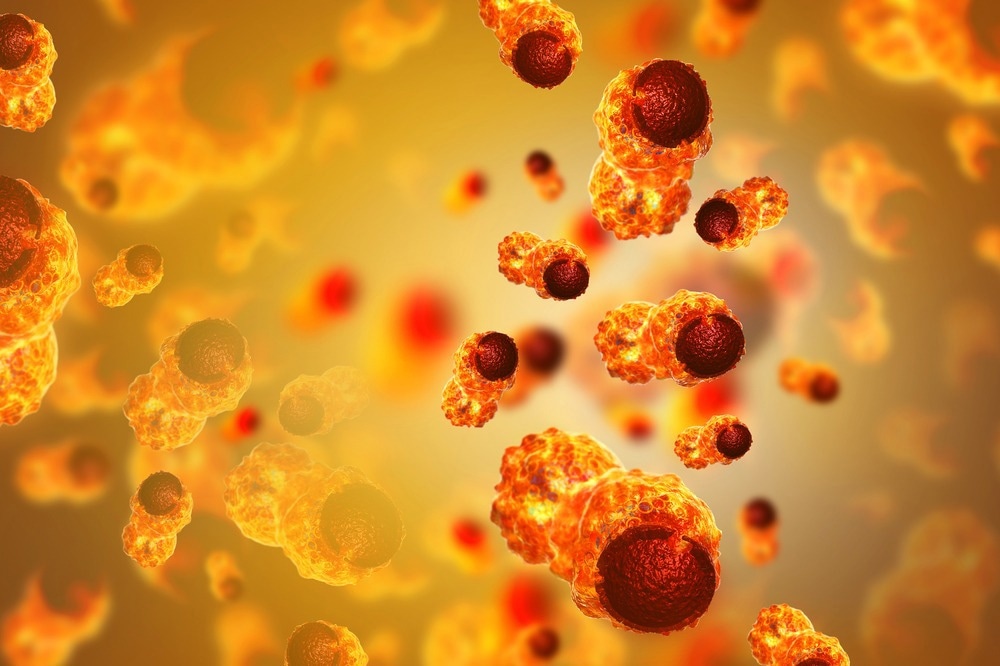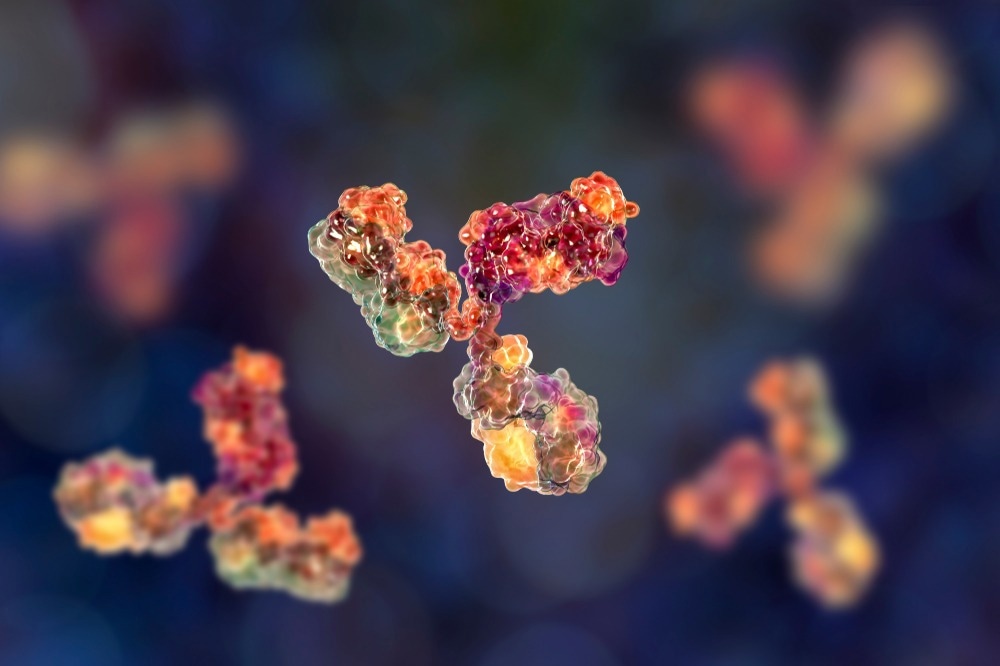Biotherapeutics is a rapidly growing field of pharmaceuticals that is helping to prevent and treat serious illnesses such as cancer. The field has much potential yet to be realized as, with more years of research, many more effective biotherapeutics could be approved for use, impacting the lives of millions. However, biotherapeutics still faces several challenges that must be overcome before it can read its full potential.

Image Credit: crystal light/Shutterstock.com
What are biotherapeutics?
Biotherapeutics is a rapidly developing field within the pharmaceutical industry. Currently, biotherapeutic drugs account for around one-half of all new drug approvals. Biotherapeutics differ from classic therapeutics as, rather than being chemically synthesized, biotherapeutic medicines have their active substance created from or extracted from a biological source.
The emerging field takes inspiration from living systems, capitalizing on molecules available in nature to tackle disease. Common biotherapeutic medicines include cell-based products, cytokines, gene therapy products, gene-silencing/editing therapies, growth factors, hormones, monoclonal antibodies (mAbs), recombinant proteins, stem cell therapies, tissue-engineered products, and vaccines.
Although the field of biotherapeutics has yet to reach its potential, it is estimated that biotherapeutic medicines have already helped more than 350 million patients globally and have been particularly helpful in advancing our fight against cancer. Many recently approved biotherapeutic molecules, as well as many currently in clinical trials, are mAbs. This class of drugs is considered the most rapidly growing in oncology (as well as in anti-immunity and chronic inflammatory diseases).
Biotherapeutics are viewed as a highly effective method of using the immune system to fight cancer. Many new biotherapeutics can target highly select cancerous cells, leaving the body’s healthy cells unharmed. Many clinical trials have shown the efficacy and safety of biotherapeutic drugs, which can deliver more potent doses without increased safety risks.
In addition to cancer, biotherapeutics are helping to treat and prevent a myriad of other diseases, illnesses, and infections, including diabetes and rheumatoid arthritis.
However, while biotherapeutics represents a promising and rapidly developing field, it is not without its drawbacks.
Challenges to overcome
Immune toxicity
One class of biotherapeutics targeted mAbs has emerged as a particularly successful field for oncology. Specifically, in recent years, those with IgG1 Fc design with immunomodulatory function have been a focus of cancer research. mAbs induce many desirable immunomodulatory effects, such as triggering cell-membrane destruction, blocking cell and blood vessel growth, blocking immune system inhibitors, binding to cancer and immune cells, and delivering therapies (e.g., radiation/chemotherapy), to name a few. These effects are considered as intended immune pharmacology, and they are essential for clinical efficacy.
However, some immunomodulatory effects, such as activation or suppression/depletion of non-target immune cells and mediators, irreversible changes to immune target cells/pathways, severe infusion reactions, cytokine release syndrome (CRS), cell damage, tissue damage, inflammation, infection, and even the development of cancer, are adverse events known as immune toxicity.
Immune toxicity, to an extent, is common in patients being treated with mAbs. These side effects are classified as either related to pharmacological action or non-pharmacological. Interaction of the biotherapeutic with its intended target causes adverse events with a pharmacological root, and events unrelated to the interaction with the intended target are non-pharmacological.
Scientists are currently working on developing their biotherapeutic offerings so that both these classes of adverse events can be prevented or at least limited. For any drug to be approved for use, it must meet stringent safety requirements, demonstrated through clinical trial data. Safety issues can prevent an otherwise effective drug from entering the market; addressing immune toxicity issues could lead to more therapeutics gaining market approval.

Image Credit: Kateryna Kon/Shutterstock.com
Production and logistics challenges
To produce innovative biotherapeutics, labs require specialized equipment and highly trained staff. This involves additional costs and demands on human resources to skilled source workers. Additionally, bio-production usually involves long processes with multiple time-consuming stages that require their own setup and quality control.
Successful biotherapeutics manufacturing requires skilled professionals who can develop an appropriate production line scaled perfectly to meet the exact needs of the drug they intend to produce. In addition, biotherapeutics often need to be kept sterile, so they can be injected, which chemical compounds taken by mouth do not require. These demands can make it challenging to implement biotherapeutics production in labs previously inexperienced in this field.
Administration of drugs
Biotherapeutics are drugs that are delivered intravenously. They cannot be taken in tablet form. Therefore, they must be injected by a qualified healthcare professional. This means that they cannot be taken at home, equating to additional healthcare services costs by placing additional demands on their staff.
Given that many healthcare decisions are influenced by cost, the additional demands of biotherapeutics on equipment and staff can be off-putting. These challenges must be overcome to encourage the widespread adoption of biotherapeutic medicines.
Sources:
- Johnson, D., 2018. Biotherapeutics: Challenges and Opportunities for Predictive Toxicology of Monoclonal Antibodies. International Journal of Molecular Sciences, 19(11), p.3685. https://www.ncbi.nlm.nih.gov/pmc/articles/PMC6274697/
- Moleirinho, M., Silva, R., Alves, P., Carrondo, M. and Peixoto, C., 2019. Current challenges in biotherapeutic particles manufacturing. Expert Opinion on Biological Therapy, 20(5), pp.451-465. https://pubmed.ncbi.nlm.nih.gov/31773998/
- Biotherapeutic Products. World Health Organization. Available at: www.who.int/.../biotherapeutic-products (Accessed April 2022)
Further Reading